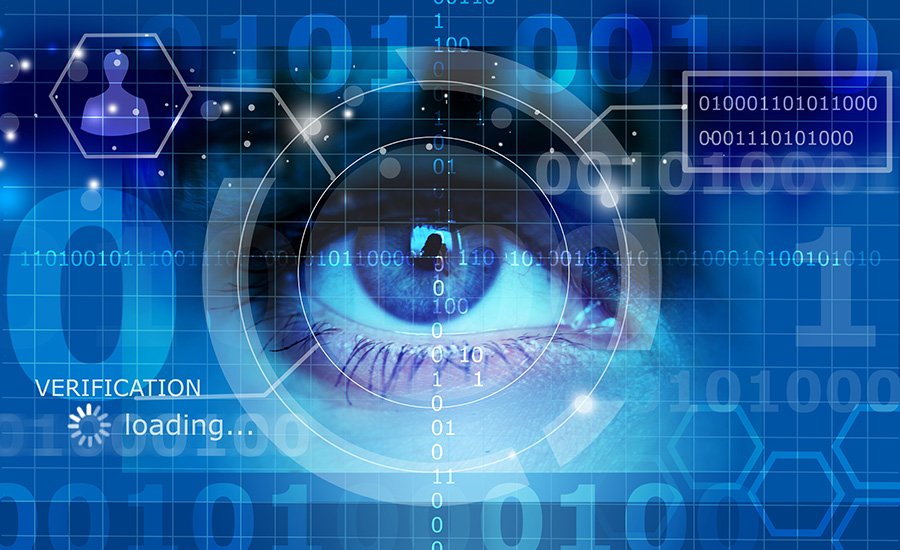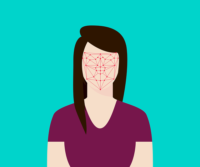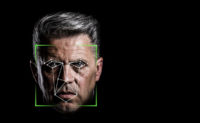Only one in four Americans (26 percent) think government should strictly limit the use of facial recognition technology, according to a new survey from the Center for Data Innovation—and that support drops even further if it would come at the expense of public safety. Fewer than one in five Americans (18 percent) would agree with strictly limiting the technology if that is the tradeoff, while a solid majority (55 percent) would disagree.
Similarly, only 20 percent of Americans say government should strictly limit use of facial recognition if it would mean airports can’t use the technology to speed up security lines, while a 54 percent majority would disagree with such a limit. And just 24 percent want strict limits if it would prevent stores from using the technology to stop shoplifting, while 49 percent would oppose such a tradeoff.
There were some differences in these opinions based on age, with older Americans more likely to oppose government limits on the technology. For example, 52 percent of 18 to 34-year-olds opposed limitations that come at the expense of public safety, compared to 61 percent of respondents ages 55 and older. In addition, women were less likely to support limits than men. For example, only 14 percent of women support strictly limiting facial recognition if it comes at the expense of public safety, versus 23 percent of men.
The survey asked whether police should be allowed to use facial recognition to help find suspects. Support for using the technology that way increases depending on its accuracy: If the software is right 80 percent of the time, then 39 percent agree with using it and 32 percent disagree. If the software is right 90 percent of the time, then 47 percent of respondents agree with using it and 25 percent disagree. And if the software is right 100 percent of the time, then 59 percent agree with using it, while 16 percent disagree.
The survey also asked respondents whether government should limit surveillance cameras, since they are integral to many applications of facial recognition technology. Overall, Americans were more likely to support limiting surveillance cameras (36 percent) than facial recognition technology (26 percent). But that flips when respondents are asked about tradeoffs. For example, if it would mean stores couldn’t use the technology to stop shoplifting, then support for limits on surveillance cameras drops by half, from 36 percent to just 18 percent, while support for limits on facial recognition slips only slightly from 26 percent to 24 percent.
If it would come at the expense of public safety, then just 18 percent of Americans would agree with limiting surveillance cameras and the same percentage would agree for facial recognition. These findings suggest that what little support there is for limiting facial recognition technology is related to existing support for limiting the use of surveillance cameras.






